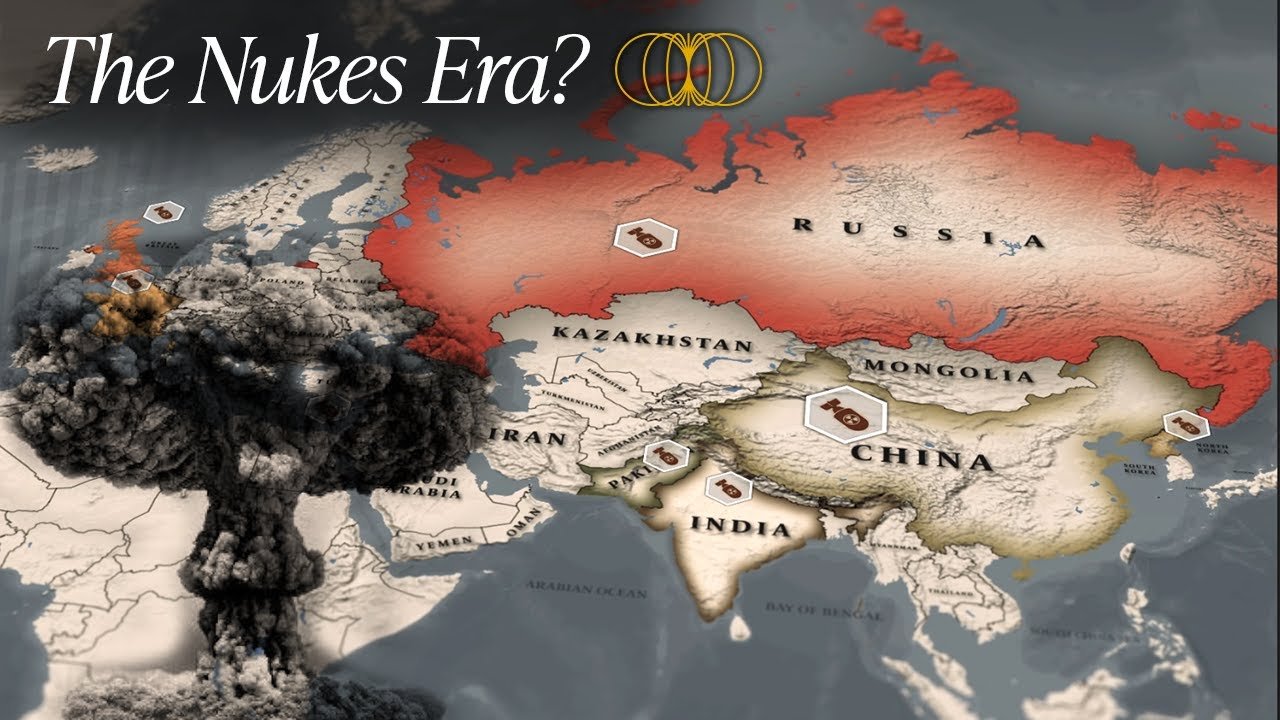- The prospect of nuclear proliferation is being considered by countries like Poland, South Korea, Japan, Saudi Arabia, Turkey, and Ukraine amidst global shifts in power and security dynamics.
- These considerations come as the United States appears to pivot its focus towards prioritizing its interests and resources, potentially affecting its global security commitments.
- The Treaty on the Non-Proliferation of Nuclear Weapons (NPT), aiming to prevent the spread of nuclear weapons and promote peaceful uses of nuclear energy, faces challenges in this changing geopolitical context.
- Poland’s exploration of civil nuclear power raises questions about the thin line between peaceful and military uses of nuclear technology, with debates on whether civil nuclear capabilities facilitate the development of nuclear weapons.
- Historical context highlights the spread of nuclear capabilities since the 1940s, with nine countries currently possessing nuclear weapons, despite international efforts to curb proliferation.
- The case of Ukraine, which relinquished its nuclear arsenal post-Soviet Union breakup in exchange for security assurances, underscores the complex interplay between nuclear disarmament and national security.
- Emerging discussions within NATO about nuclear sharing and the potential for countries like Poland to join this framework illustrate the strategic considerations in play.
- The debate extends to the potential for a new wave of nuclear proliferation among countries feeling pressured by regional adversaries or global power shifts, with implications for global security and stability.
“Channel tackling global issues from the fields of geopolitics, international relations, economy, technology, which shape the world of today.”
Official website: patreon.com/gtbt
Original video here.
This summary has been generated by AI.

Leave a Reply